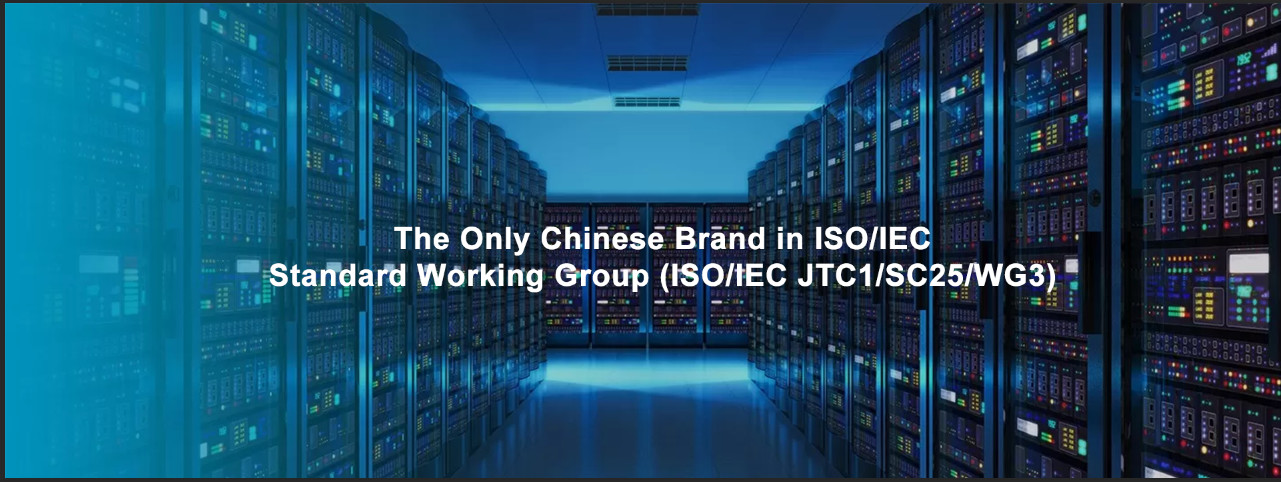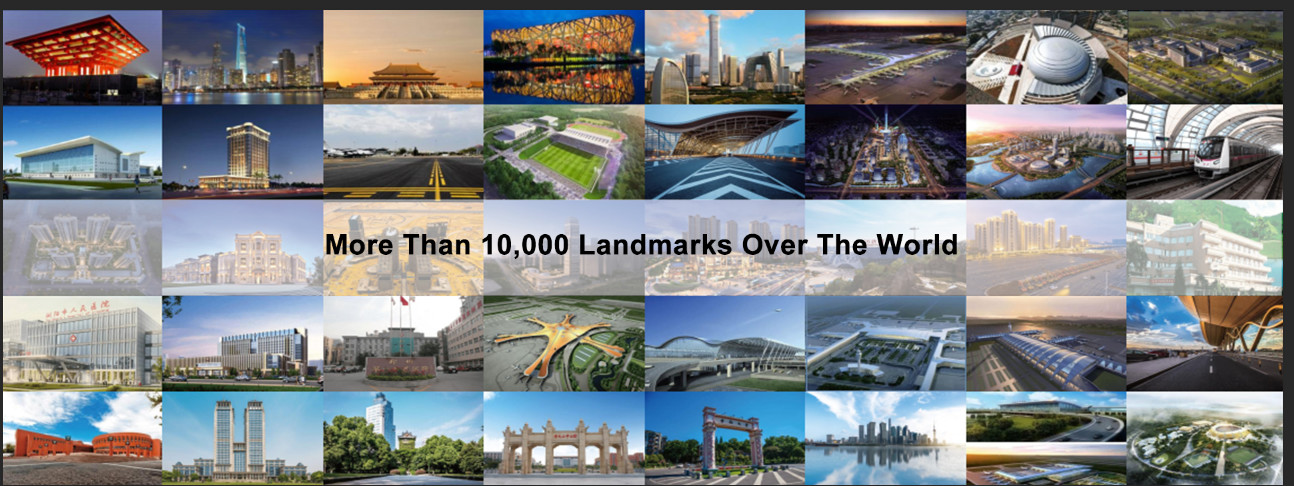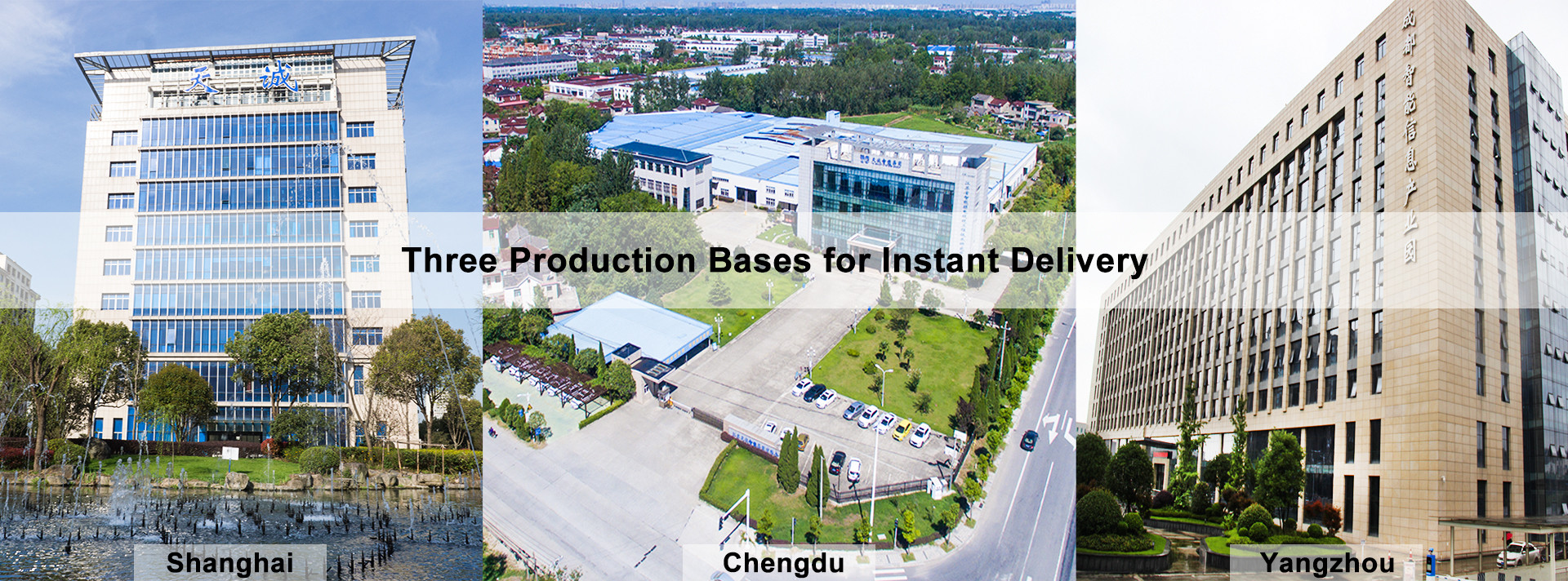TC achieves the intelligent excellence of West China International Cancer Treatment Center
TC achieves the intelligent excellence of West China International Cancer Treatment Center
The West China International Cancer Treatment Center is jointly built by Chengdu Medical Health Investment Group Co., Ltd., West China Hospital of Sichuan University, and Tianfu International Biocity. It is in Group 1, Fujiaba Community, Yong'an Town, Shuangliu District, Chengdu. It covers an area of 103 mu, with a planned total construction area of 153,000 square meters. The total land area of the heavy ion proton therapy building is 68,000 square meters, and 500 beds are intended to be set up.
The project is committed to benchmarking the "MD Anderson Cancer Center in the United States" to establish a world-class tumor full-cycle diagnosis and treatment center. With the center as the center, it will build a tumor medical full-industry chain park integrating tumor treatment, clinical research, talent training and cultivation, and China's high-end tumor medical equipment and cutting-edge radiotherapy equipment research and development. Therefore, the requirements for the information system after commissioning are higher than those of ordinary tertiary hospitals.
TC has extensive project experience in the medical industry and is well aware that the actual application of medical informatization often encounters problems such as imperfect system construction, data sharing barriers, information security risks, and imperfect functions. In the design of project plans, special consideration is given to the unique pain points of the medical industry, and an efficient and stable integrated wiring system solution has been created for the West China International Cancer Treatment Center.
Ensure high-speed transmission and environmental security of information systems
Integrated cabling is like an information highway in the project, which is responsible for the efficient transmission of various data, voice, and video signals between different devices and areas. With the "new medical reform", medical information construction has higher requirements, and the requirements for network bandwidth, latency, and reliability of medical equipment and hospital information are constantly increasing.
The project's overall architecture adopts 10G multimode optical cable plus Category 6 cable to ensure that the backbone data meets 10G transmission. The Category 6 unshielded cable that has passed the 4-node channel POE test of the domestic authoritative testing agency Telecommunication Technology Laboratory can not only meet the Gigabit network communication but also support the transmission of 90W power (POE) at the same time.
In addition, the project plan fully takes into account the densely populated environment of the hospital, complex identities, and high mobility. The overall cables and optical cables of the project are made of low-smoke halogen-free flame-retardant products. Their high flame retardant, low smoke, and low toxicity characteristics can effectively prevent the spread of flames, buy precious time for personnel evacuation and fire rescue in the event of a fire, and reduce disaster losses.
Ensure the flexibility and adaptability of system operation and maintenance
The coexistence of multiple network systems, dense equipment, and complex management are major characteristics of the medical system. How to quickly distinguish between various network systems is another important part that needs to be considered in project design.
TC's newly developed Magic series products perfectly cope with this situation. The ultra-thin design and up to ten colors of replaceable color strips can easily achieve color management of different networks, allowing medical staff to easily confirm the corresponding network through different color strips, greatly improving work efficiency and accuracy.
At the same time, the Magic series panels also have good compatibility and scalability, can support the installation of a variety of multimedia module frameworks, and are compatible with RJ45, optical fiber, USB, VGA, cable TV, HDMI, RCA, and other multi-functional integrations. With the continuous development of the medical complex business, it can be easily upgraded and expanded, which provides a reliable guarantee for the efficient conduct of medical work and the use of various intelligent equipment with peace of mind.
Ensure the quality of the entire chain of products and worry-free acceptance
TC focuses on technological innovation, continuously strengthens R&D investment, and innovates and enriches products and solutions. As a member of the National Integrated Cabling and Data Center Working Group and other associations, it has participated in the editing of many national standards, industry standards, technical white papers, etc., and the performance of many products far exceeds national standards. After the cabling construction is completed, the Fluke test of all points and the full link has a one-time pass rate of 98%, providing users with a safe and reliable network environment.
The successful case of West China International Cancer Treatment Center has provided valuable experience for the intelligent construction of other medical projects. Tiancheng has also further consolidated its leading position in the field of integrated cabling by virtue of its outstanding performance in this project. I believe that in the future, TC will continue to contribute more to the intelligent development of the medical industry!

 Your message must be between 20-3,000 characters!
Your message must be between 20-3,000 characters! Please check your E-mail!
Please check your E-mail!  Your message must be between 20-3,000 characters!
Your message must be between 20-3,000 characters! Please check your E-mail!
Please check your E-mail! 



